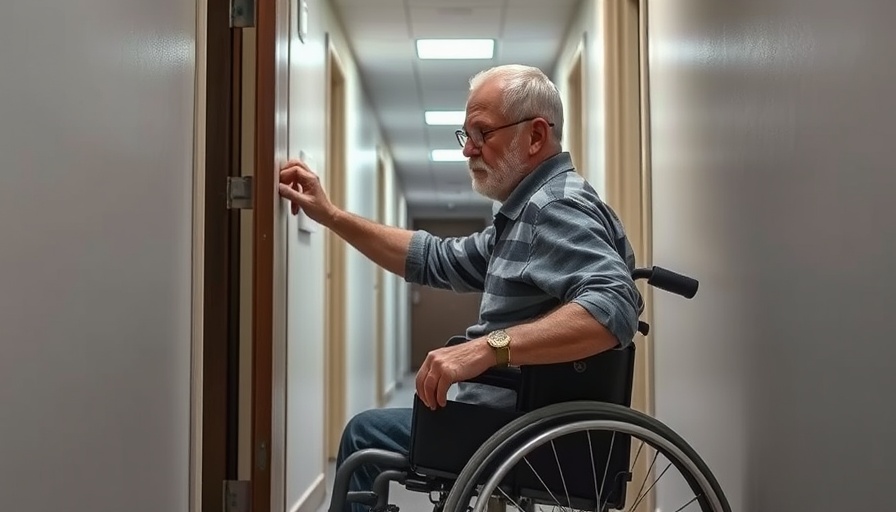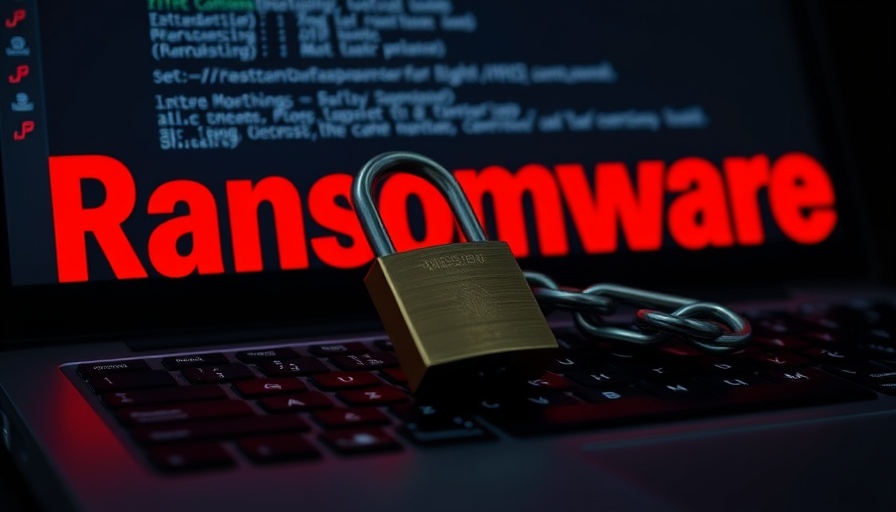Regulation and Controls
How Do Backup Power Needs Differ Across Healthcare Settings?
0
Understanding the Critical Role of Backup Power in Healthcare
In the healthcare sector, a power outage can be catastrophic. With patient safety hanging in the balance, understanding the backup power requirements across different types of healthcare facilities has never been more critical. Various healthcare settings have unique demands when it comes to backup power, shaped significantly by the type and scale of services offered.
Why Backup Power Needs Differ by Facility Type
As noted by industry experts, the backup power requirements of hospitals, outpatient clinics, and long-term care facilities vary greatly. Hospitals, for instance, require high-capacity systems to ensure life-support machines, operating rooms, and critical care units can function uninterrupted. Richard Sizemore from Aggreko explains, "Hospitals require robust, high-capacity systems to support critical care units, operating rooms, and life-support equipment with near-instantaneous power transfer." This is in stark contrast to outpatient clinics that may only need a small generator for basic operations.
The Growing Complexity of Power Requirements
In recent years, backup power systems have become more sophisticated. Shannon Dynge from ASCO Power Technologies emphasizes the complexity in designing backup systems, noting, "Long-term care facilities commonly have no backup power systems or only very minimal ones. However, outpatient clinics have started to incorporate small backup generators due to the need for emergency procedures." Moreover, larger facilities like hospitals often integrate multiple generators and even combined heat and power (CHP) systems, enhancing their energy efficiency.
Facing the Challenge of Compliance
Backup power requirements are intricately tied to state and federal regulations such as those imposed by the Centers for Medicare & Medicaid Services (CMS) and the Joint Commission. These regulatory frameworks can be confusing, especially as they evolve. The 2012 edition of the NFPA 99 life safety code and NFPA 110 for emergency power systems are examples of standards that healthcare providers must navigate. Failure to comply can lead to critical failures during emergencies, reinforcing why it’s vital for healthcare facilities to remain aware of their power needs and obligations.
The Ripple Effects of Extended Power Outages
While small healthcare facilities might temporarily cease operations during short blackouts, enterprise-level hospitals bear a much heavier burden. According to Victor Bonachea from ASCO, "If you have an extended power outage, a small outpatient facility can probably cease operations with minimal impact until power recovers. However, if you have an extended outage, a major enterprise hospital needs to continue running and stay online for days, even weeks during more extreme weather and climate events." This stark difference highlights the urgency for hospitals to invest in reliable energy strategies.
Strategies for Effective Backup Power Management
As backup power needs continue to evolve, healthcare facilities can benefit from adopting proactive strategies that prepare them for power interruptions. For instance, regular audits of existing power systems can ensure that they are functioning optimally and ready to respond when necessary. Engaging with manufacturers, understanding emerging technologies, and ensuring regulatory compliance are also crucial steps for improving resilience in the face of unanticipated power outages.
In conclusion, as healthcare facilities navigate their unique backup power needs, staying informed about trends, regulatory changes, and technological advancements is essential to ensure uninterrupted patient care and safety. As we learn from industry experts, the responsibility becomes clear: investing in reliable power systems is not just a financial decision but a commitment to the health and welfare of our communities.

 Add Row
Add Row
 Add
Add

 Add Row
Add Row
 Add Element
Add Element



















 Add Row
Add Row
 Add
Add

